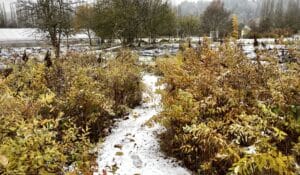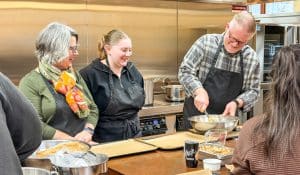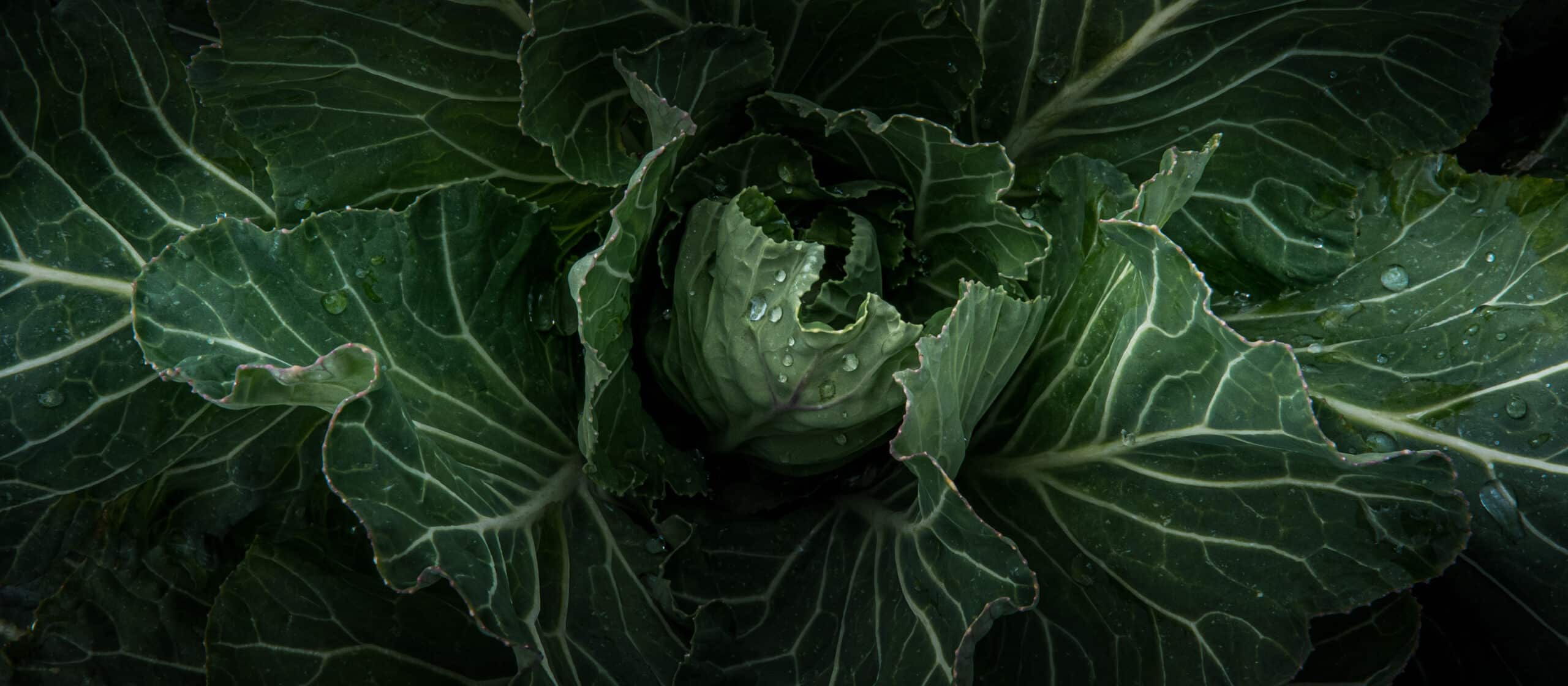
Celebrate Soil on World Soil Day!
Celebrate Soil on World Soil Day!
- posted on: December 3, 2020
- posted by: Rebecca Jordan
"*" indicates required fields

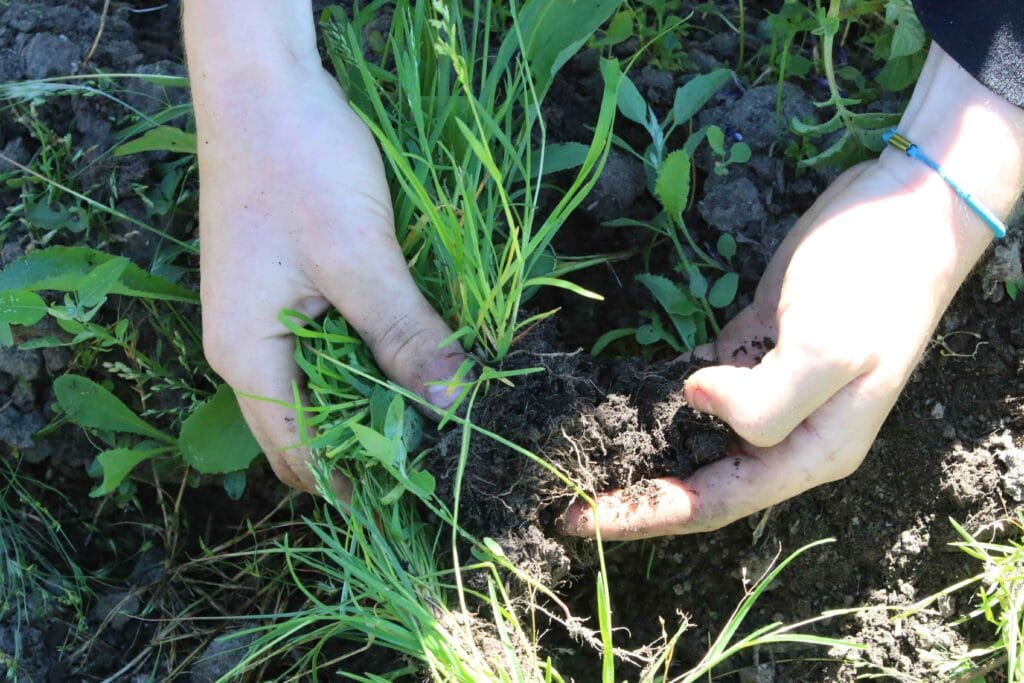
Hi all–Becca here. At 21 Acres, it’s no secret that we love soil.
The soil gives us so much. Healthy soil is a valuable resource, stewarded by people who care about the longevity of our planet–and our ability to continue farming and eating delicious food for generations to come.
This Saturday, World Soil Day, take action by learning about the many facets of what goes into healthy soil, how healthy soils can help mitigate climate impacts, and how you can get involved. I hope you’ll enjoy the articles and videos below–and next time you put your foot on the ground, you’ll stop to appreciate this resource that we all share.
World Soil Day
World Soil Day (WSD) is held annually on December 5 as a means to focus attention on the importance of healthy soil and to advocate for the sustainable management of soil resources.
Plants nurture a whole world of creatures in the soil that in return feed and protect the plants. This diverse community of living organisms keeps the soil healthy and fertile. This vast world constitutes soil biodiversity and determines the main biogeochemical processes that make life possible on Earth.
This year, by addressing the increasing challenges of soil management, the Food and Agriculture Organization (FAO) campaign “Keep soil alive, protect soil biodiversity” aims to raise awareness of the importance of sustaining healthy ecosystems and human well-being. By encouraging people around the world to engage in proactively improving soil health, the campaign also aims to fight soil biodiversity loss. If we do not act soon, the fertility of soil will continue to be adversely affected at an alarming rate, threatening global food supplies and food safety. Read more about World Soil Day.
Virtual Programming Brings the Farm to You
Want to learn more about soil while social distancing? Take a look at our YouTube Channel, filled with 100+ videos about how to farm and garden, an inside look at green energy, plant medicine, homesteading tips and tricks, and more.
- Growing Food: Cover Crop. Cover crop is a plant grown to benefit soil health rather than for us to eat. Anthony Reyes shares how integral cover cropping is to our soil health management plan. Watch now.
- Virtual Farm Field Trip: Soil! Is soil alive? What is healthy soil? Explore these questions and more as we dig deep into soil. Watch now.
- Don’t save your questions–share them! Sign up for a free hour-long farm tour, building tour, homesteading workshop, and more–all from the comfort of home. Sign up for free.
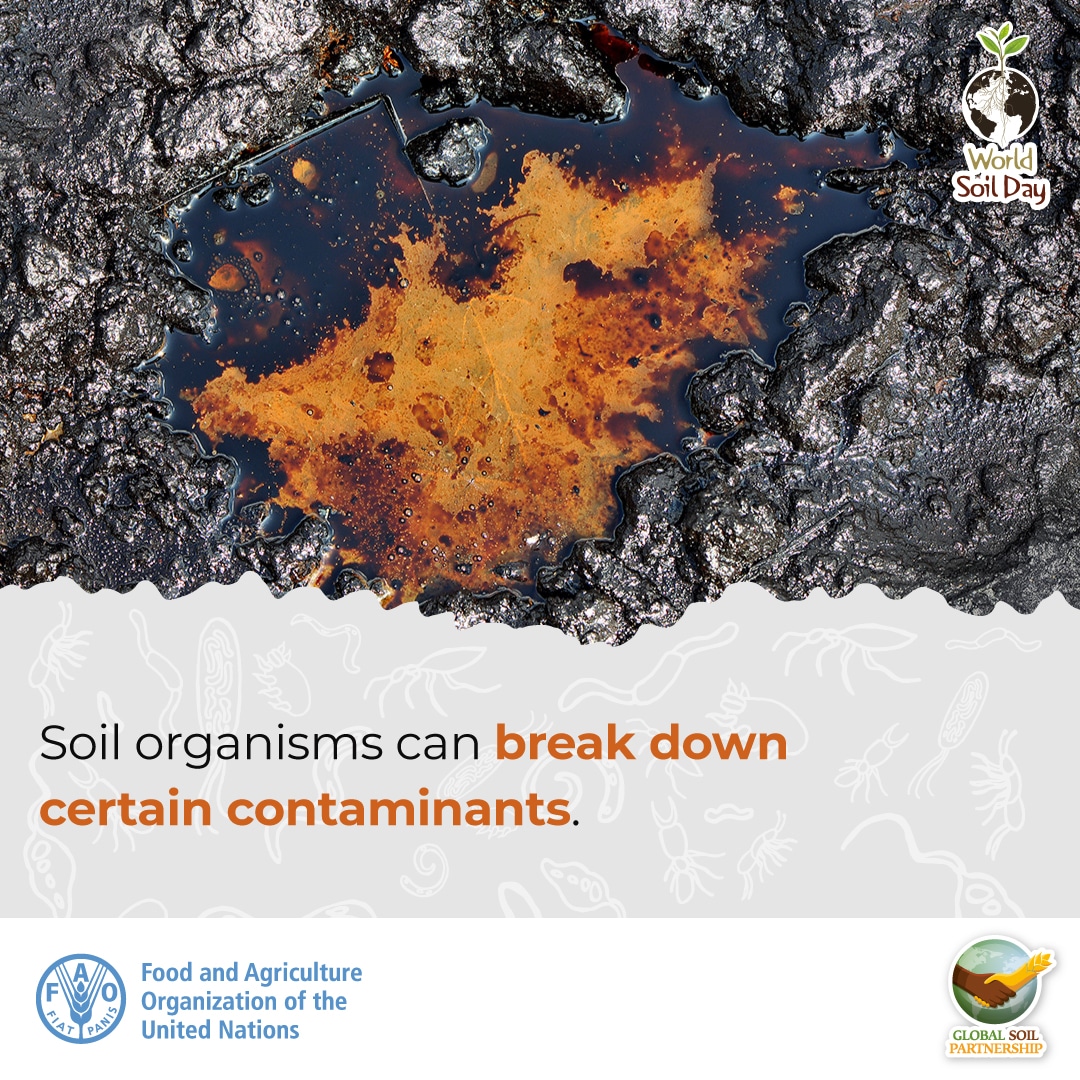
Take Action Now
- Support local farmers. Want to support local farmers tending the soil? Are you a farmer looking for resources? You can shop for local food, donate to farmer relief funds, or find a place to apply for farm aid at our Support Local Farmers page.
- Find your path. Have you seen Kiss the Ground on Netflix yet? If you’re motivated by the documentary, find out how you can take action on their website.
- Contact your lawmakers. Not sure where to start? You can take action at the Union of Concerned Scientists’ action page. Here, you’ll find science-based actions to advocate for a future where we all have a say in our climate.
Tools for the Soil Steward
- Free Soil Testing. What’s in your soil? It’s always good to know what you’re working with. King Conservation District offers free soil testing to those in the district.
- Building Healthy Soil. How do you build healthy soil? This guide will walk you through the basics of soil types, pH, organic matter, and more.
- Seattle Tool Lending Library. Short on tools? The NE Seattle Tool Library seeks to create a space where tools and knowledge are accessible regardless of income, while reducing consumption of tools though sharing, repair and reuse.
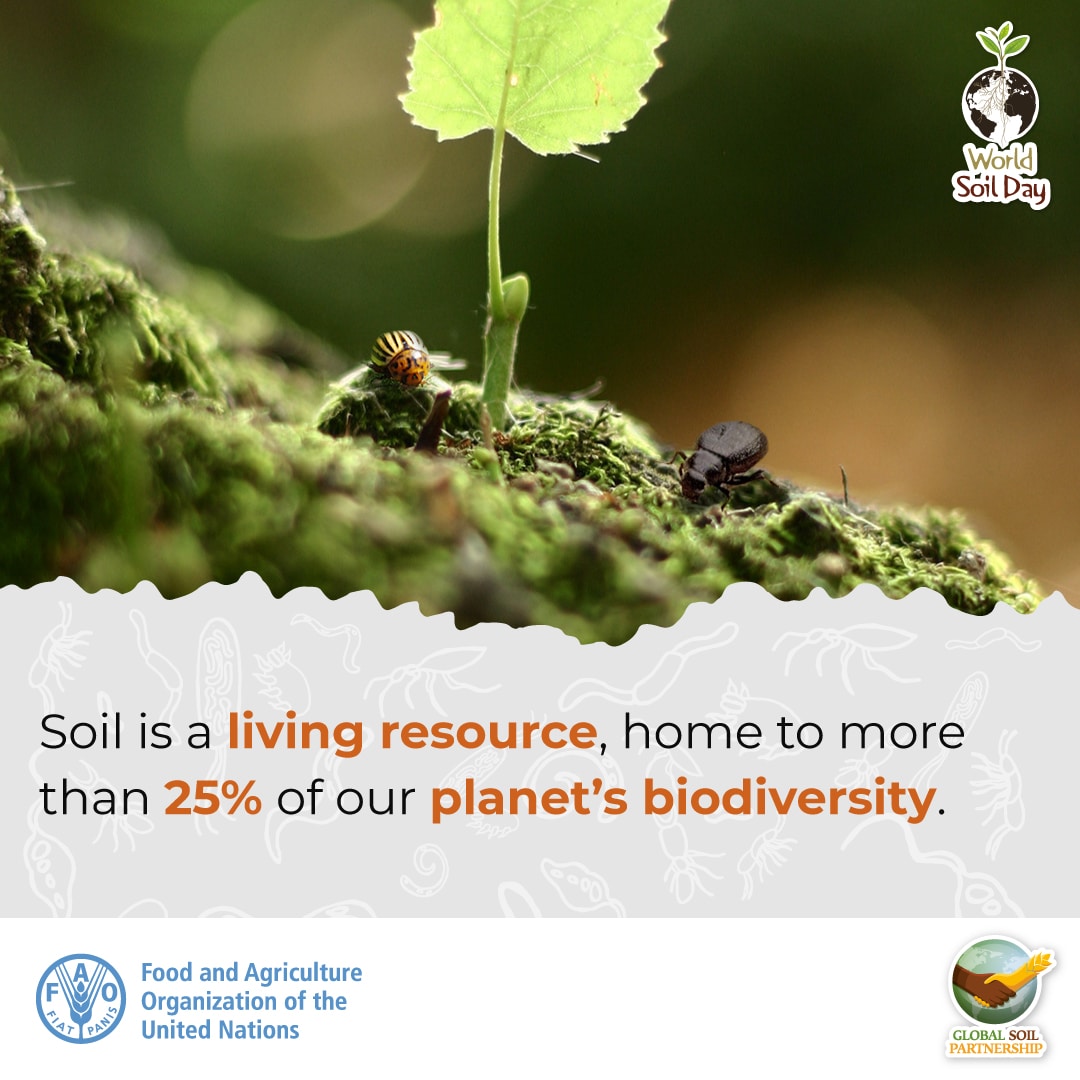
Soil-Forward Thinking from 21 Acres
- What is agroecology? In part, it’s a whole-systems way of caring for our soil.
- Are you a budding educator looking to teach students about soil? Here are some local and online resources for place-based learning.
- What’s a carbon market? Many organizations and programs are drawing down carbon into the soil.
- Cover crops benefit the soil when food crops aren’t being grown. Here’s the breakdown of how our fall cover crops are supporting soil health.
- Invasive species pose a threat to soil health and native species. Here’s what we’re doing to eradicate reed canary grass on our farm.
- The 21 Acres blog is full of recipes and ways to curb food waste in your kitchen–which prevents food from going to landfills.
- Responsible animal husbandry can help benefit the soil–especially pasture-raised animals.
Learn More About Soils
- From mushrooms (“nature’s great decomposers”) to healing the planet and ourselves, the “Dirt” issue of Yes Magazine is packed with good information.
- Soil is our secret weapon to fight climate change.
- Ready to delve into climate action policy? The Healthy Soils Law Project is a wealth of information on research and legislation that is backed by soil science.
- What constitutes healthy soil? Learn more from Rodale Institute.
- How can farmers make the most of carbon farming? This talk from Stone Barns summarizes the most up-to-date science and experience in the field.
- This documentary, Growing Solutions: Soil, Water, Farmers, Seeds, Roots delves into the many agricultural solutions to climate change and healthy soils.










 back to blog overview
back to blog overview


